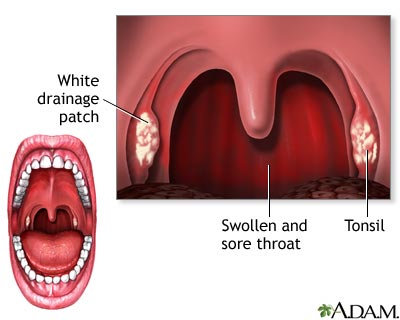
MOSCOW, ID – the University of Idaho learned late Tuesday afternoon that a student is suspected to have bacterial meningitis.
The university is working collaboratively with Public Health – Idaho North Central District, and is notifying students, faculty, staff and parents of the situation.
For public health issues, the university responds on a case-by-case basis and is guided by the district health department in making recommendations and/ or taking precautionary measures.
Symptoms of bacterial meningitis usually involve high fever, headache, rash and stiff neck, which can develop over 1-2 days. Other symptoms may include nausea, vomiting, discomfort looking into bright lights, confusion and sleepiness. anyone suffering from these symptoms should seek immediate care.
Transmission occurs by droplets or direct contact with infected nasal or throat secretions. Early treatment with antibiotics may effectively get rid of the bacteria. the risk to the general public of contracting this infection is very low.
University health officials encourage students, specifically students living in close quarters such as Greek housing and residence halls, to get the meningitis vaccine at Student Health or Quick Care.
Bacterial meningococcal infections are rare and can cause infection of the lining of the brain, spinal cord and blood. In the State of Idaho, there are between 10-20 cases reported each year.